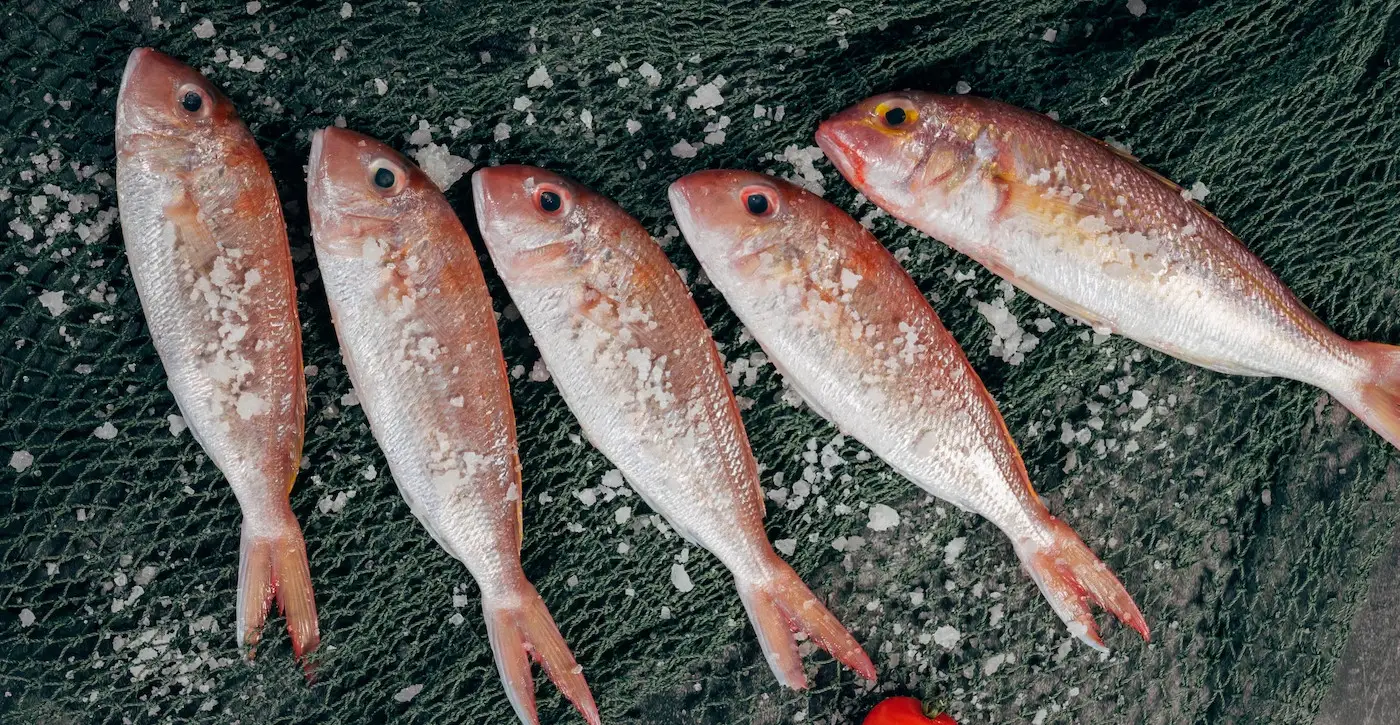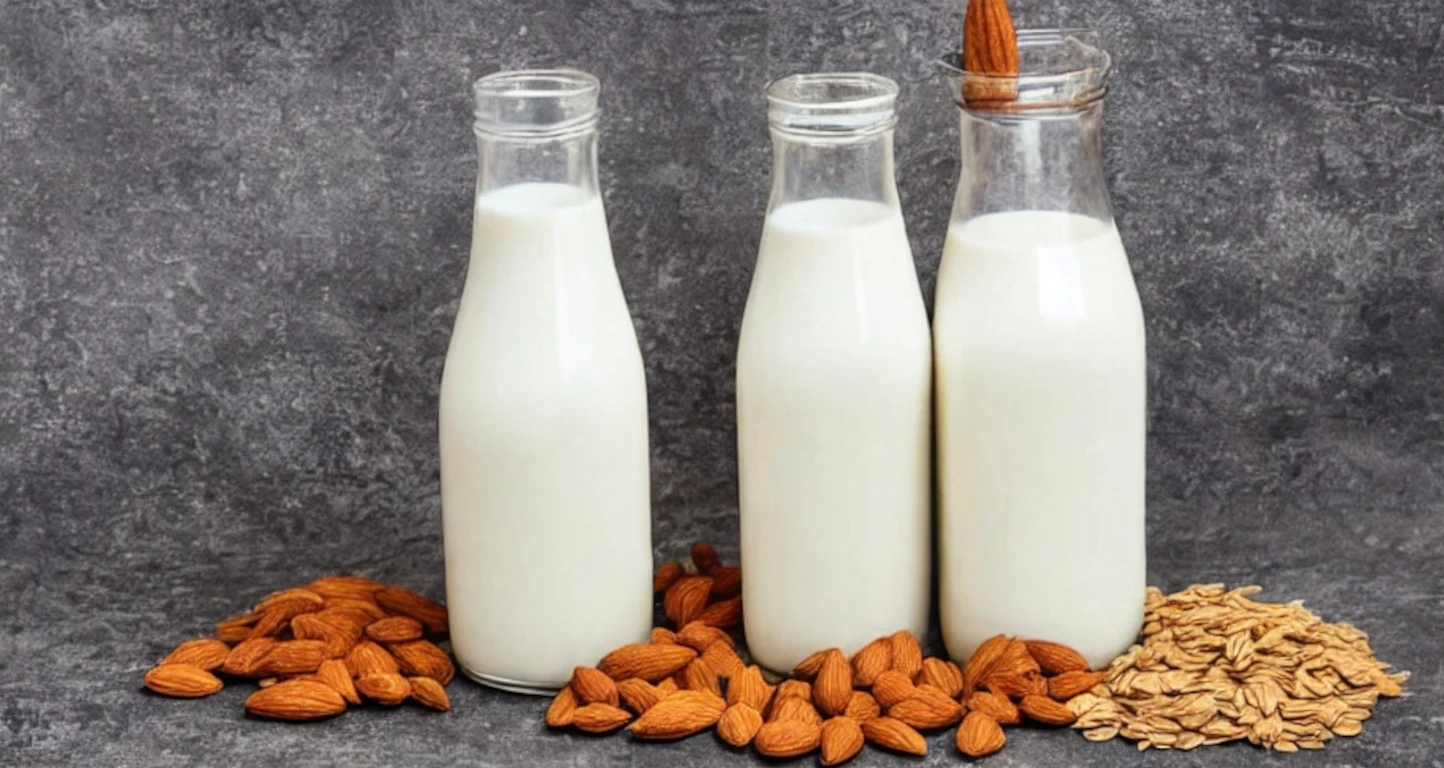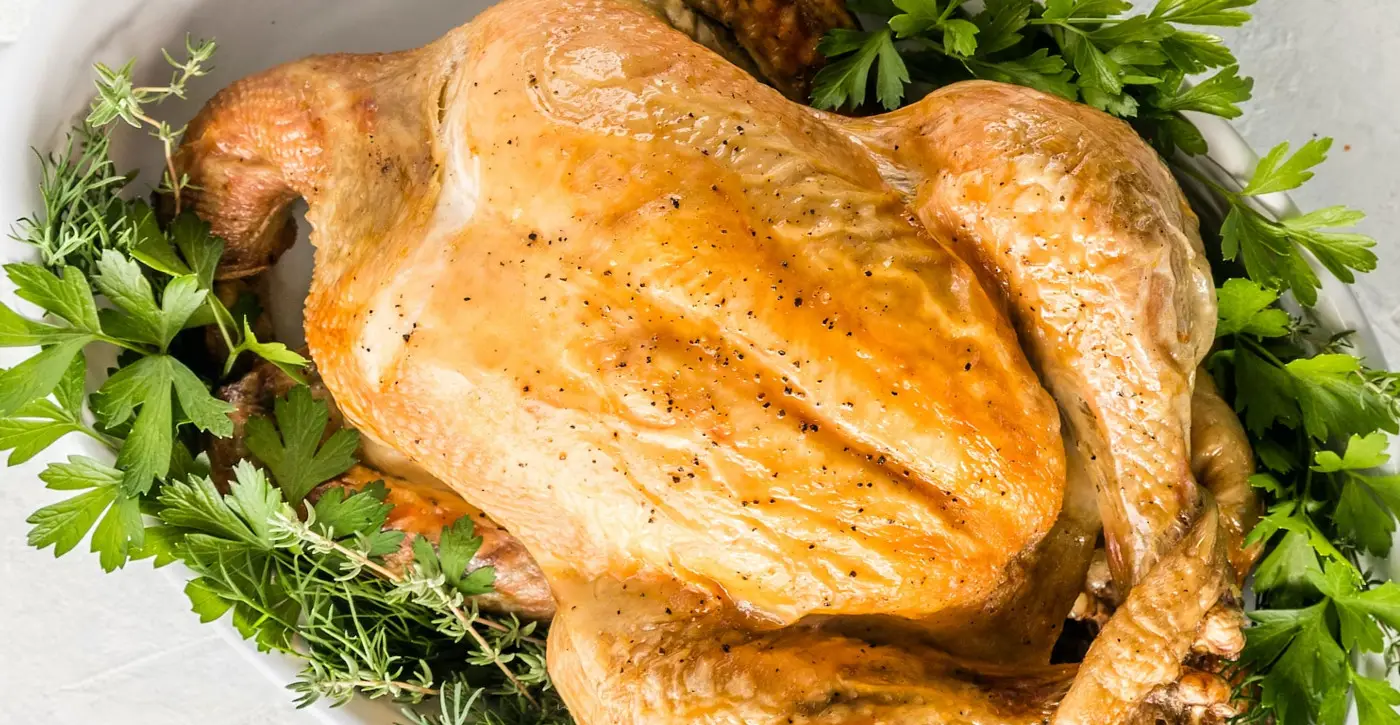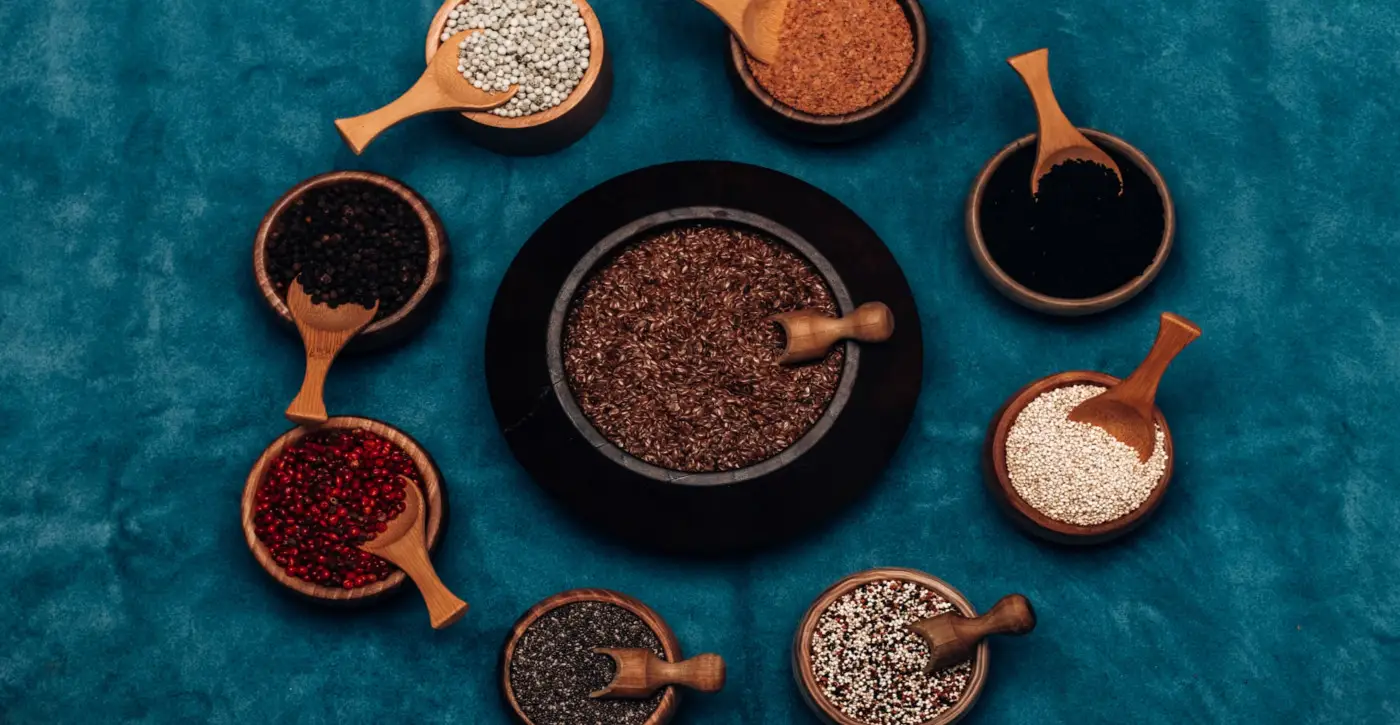Trout Lysine and Arginine Info Sheet
Overview
Trout is a popular freshwater fish known for its delicate flavor and high nutritional value.Trout is rich in protein and omega-3 fatty acids, which are beneficial for heart health.
It also contains various vitamins and minerals, including vitamin D, vitamin B12, and selenium.
| Name | Lysine (mg/100g) | Arginine (mg/100g) | Ratio |
|---|---|---|---|
| Trout | 2446mg | 1592mg | 1.54 |
Trout contains 2446mg of Lysine and 1592mg of Arginine per 100g of product.
This means Trout has a high Lysine-Arginine ratio of 1.54.
Because Trout contains much higher levels of lysine than arginine, it is highly recommended for people who suffer from herpes, as it may prevent outbreaks.
Lysine Considerations
Trout is an excellent source of lysine, providing about 122% of the RDI per 100 grams.
Lysine is an essential amino acid that supports protein synthesis, collagen formation, and immune function.
It's one of the nine amino acids that the body can't produce, so it must be included in our diet.
Lysine has a variety of roles in the body, such as aiding in growth, healing, energy production, immune function, and the production of collagen.
Research indicates that lysine may have an impact on the herpes virus, which is responsible for cold sores and genital sores.
Taking lysine supplements or using lysine cream could potentially prevent or treat these infections by stunting the amino acid arginine, which the virus requires for growth.
Arginine Considerations
Trout is also a good source of arginine, providing about 80% of the RDI per 100 grams.
Arginine is a semi-essential amino acid that plays a role in several bodily functions, including wound healing and immune function.
Arginine can support your wellbeing and performance, such as lowering your blood pressure, healing your wounds, and boosting your exercise endurance.
Arginine can be made by the human system or obtained from foods like meat, dairy, nuts, and soy.
Unfortunately, the herpes virus is known to "feed" on arginine, and having a diet higher in arginine than lysine may increase the occurrence and severity of cold sores and herpes outbreaks.
Lysine-Arginine Ratio
Trout has a balanced lysine-arginine ratio, which means it has slightly more lysine than arginine.
This may be beneficial for people with herpes simplex virus (HSV) infections, as lysine may inhibit the replication of HSV.
Both lysine and arginine play crucial roles in protein synthesis and other metabolic activities.
Interestingly, they have contrasting effects on the herpes simplex virus, which is responsible for cold sores and genital herpes.
Lysine can prevent the virus's ability to replicate, while arginine can promote it.
Consequently, consuming foods with a high lysine to arginine ratio may help decrease the frequency and severity of herpes flare ups.
Foods with a high lysine-arginine ratio include dairy products products, fish, poultry, fruits, and vegetables.
These foods can supply the body with sufficient lysine to block the virus's uptake of arginine, thereby preventing its growth and spread.
Dietary Considerations
Fish is a great source of lysine, which can help slow down or soothe herpes outbreaks.
Fish also contains omega-3 fatty acids, which can reduce inflammation and improve cardiovascular health.
Most fish have more lysine than arginine, but some fish have a higher ratio than others.
Salmon, catfish, whitefish, mackerel, trout, and sardines are some of the fish that have the most lysine compared to arginine.
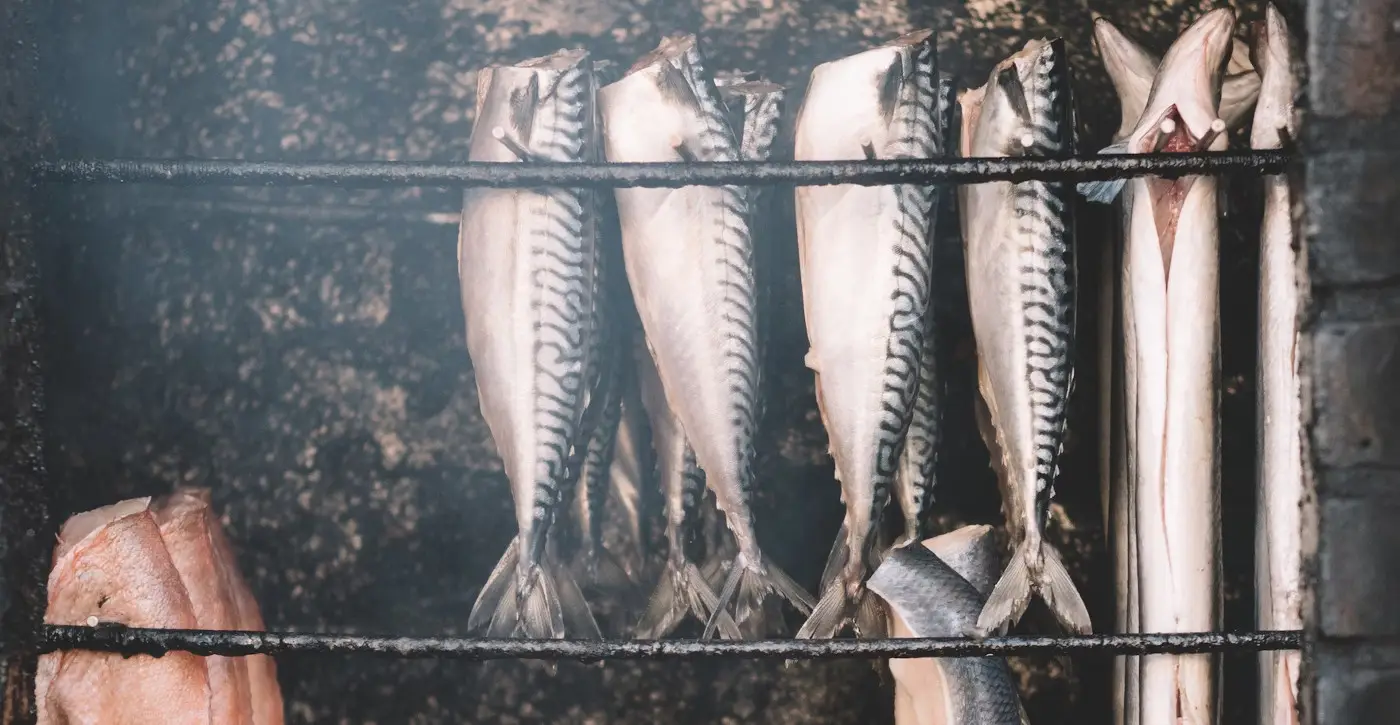
For instance:
Eating a balanced and nutritious diet that supports your immune system and reduces inflammation.
This means consuming plenty of fruits, vegetables, whole grains, lean protein, and healthy fats, and avoiding processed foods, added sugars, alcohol, and caffeine.
Drinking enough water to keep yourself hydrated and remove toxins from your body.
Water can also help prevent dryness and irritation of the skin and mucous membranes, which can result in fewer outbreaks.
L-lysine supplementscan help you prevent herpes outbreaks and stop a cold sore before it develops by depriving the virus of arginine, which it needs to form a cold sore.
Other food supplements, such as vitamin C, zinc, selenium, and antioxidants, can help you boost your immunity and protect your cells from oxidative stress.
To prevent outbreaks, avoid foods that can cause allergic reactions or sensitivities, such as gluten, dairy, nuts, eggs, or shellfish.
These foods can harm your immune system and make inflammation worse.
Try eating foods that can enhance your immune system and reduce inflammation to avoid outbreaks.
Some of these foods are honey, yogurt, aloe vera, and chamomile.
They can also help you with your symptoms by easing pain, swelling, and itching, and accelerating your recovery.
Check more food information
